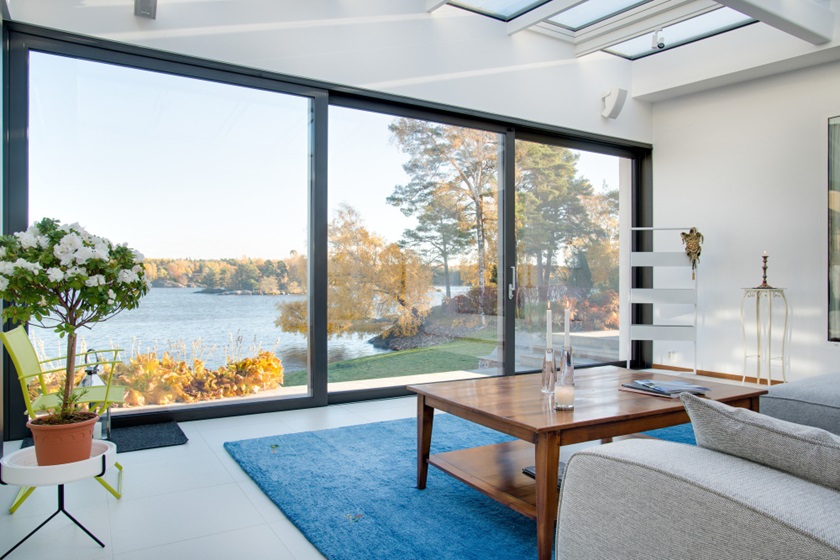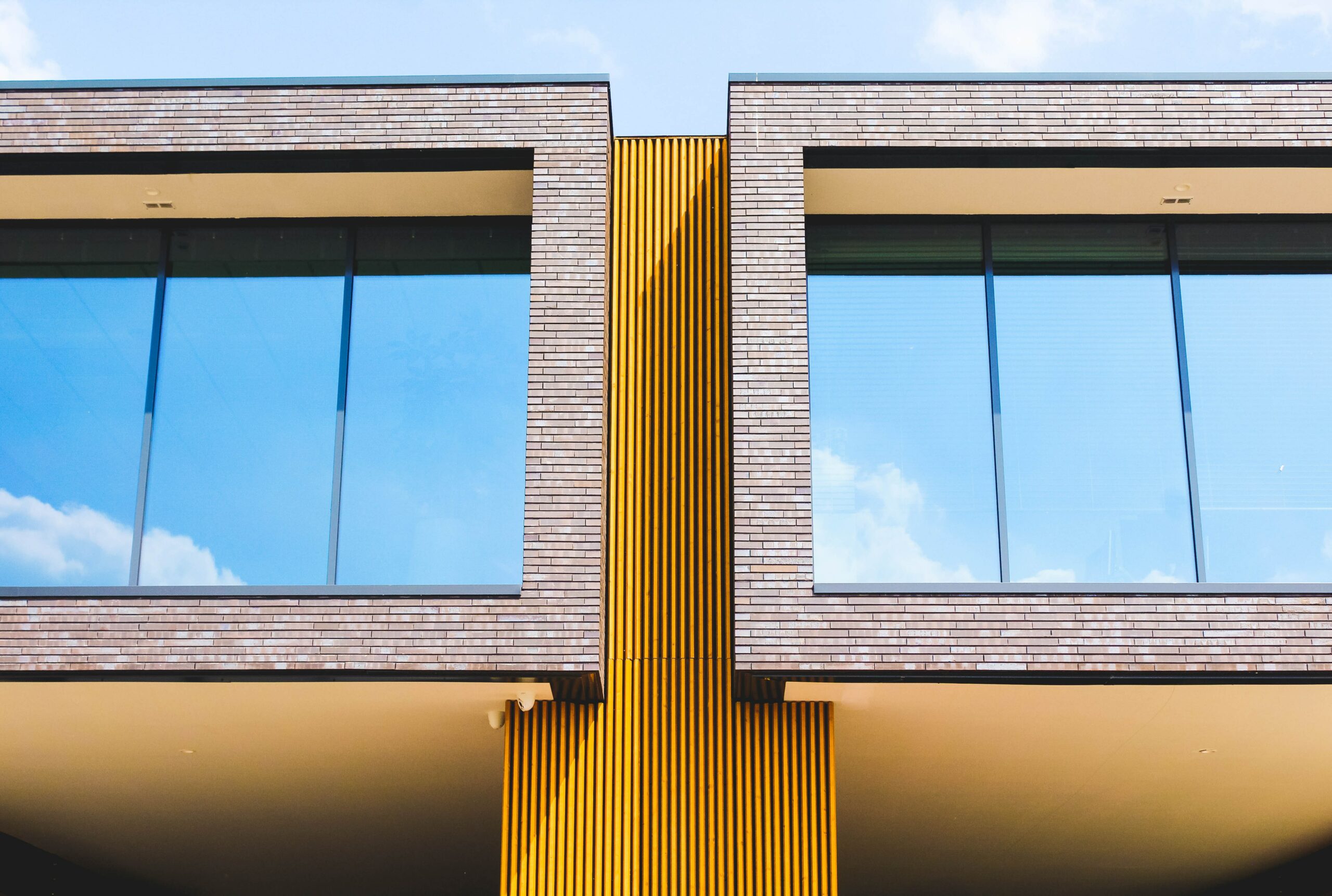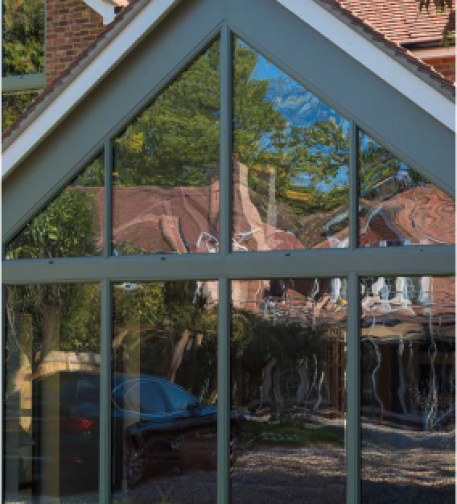Life can be busy and chaotic. We want our homes to be a place of peace and quiet, where we can unwind and escape the noise of the outside world. However, residential noise can creep into our homes and disturb that much longed-for peace. According to an Australian Government study, outdoor noise can interfere with our sleep and family social connections resulting in fatigue, irritability, and other health concerns.
It is little wonder that questions such as…
How can you reduce outside noise when living on a busy street? Or, how do you get rid of outside noise? are typed into the google search bar daily!
Let’s explore the sources of outside noise and the steps you can take to soundproof your home.
Common Sources Of Residential Noise
Whether you live in the suburbs or an inner-city unit complex, you are likely to experience a variety of outside noise.
Common sources of noise include:
- Air conditioners and refrigeration units
- Road, rail, and air traffic
- Televisions and music sound systems
- Pool pumps
- Household appliances
- Burglar and car alarms
- Dogs and other domestic animals
- Backyard workshops or industrial premises
- Construction and building maintenance
How Can I Block Outside Noise In My House?
Before we look at options for reducing outside noise in your home, it is helpful to understand the mechanisms of sound and how it operates. Sound is the energy produced when an object vibrates. The energy travels in waves and can pass through most objects easily. The concept of house soundproofing is built on the premise of adding extra obstacles for the energy to pass through, resulting in a reduction of sound entering the home.
So, can you soundproof a room from outside noise successfully?
Depending on your budget and individual needs, there are many different options for soundproofing home and unit properties.
Ten Options For How To Soundproof A Room
Fix any holes or cracks in your walls
Inspect your walls for any holes or cracks where sound may be entering the house more easily. Holes and cracks in walls can be repaired with soundproofing caulk. If you have drywall damage or holes in the plaster, it is best to seek the help of a professional to inspect the structure.
Seal your doors
Soundproofing or weathering strips can be applied to the existing door frames and add a layer of protection from outside noise.
Replace your internal doors
If your existing ones are hollow, you may want to consider replacing them with solid ones. A solid door will provide a much higher level of sound insulation.
Insulate your walls and ceilings
Soundproof insulation can significantly reduce the amount of noise able to travel through the home from the outside.
Acoustic panels or tiles
Are specialised fabric-covered panels that reduce the amount of sound that can pass through a room. While many years ago, they were primarily used in commercial properties, there are now many stylish options for residential properties that could be mistaken for a piece of artwork.
Landscaping
Dense vegetation can reduce noise transmission when planted as a barrier between your home and the noise. Trees and species designed for screening and hedging provide privacy and street appeal and act as an additional obstacle and tool in soundproofing your home.
Soundwall fencing
Large masonry-based sound walls and fences may be permitted on the boundary of a property. However, they can be unattractive and may require landscaping to increase street appeal.
Windows seals
Your windows must be effectively sealed. Check your window frames for any signs of damage that could allow noise to enter the house more readily.
Window inserts
Are clear panes of glass or acrylic that you can install over your existing windows. They are not as effective as double glazing and can impact the window’s functionality. However, they do offer a level of window noise reduction.
Install soundproof windows
The Australian Government’s Guide to Sustainable Homes states that single-glazed windows can let in a lot of noise and that soundproofing windows with options such as double glazing can dramatically decrease noise transfer to your home.
How to Soundproof Windows?
Double-glazed windows are the most effective option for soundproofing your home. A double-glazed window uses two pieces of glass that are separated by a hermetically sealed air gap providing superior insulation. The added level of insulation offered by double-glazed windows can result in an 80% reduction in noise.
There are many other added benefits of double glazing, such as:
- Reduced Energy Bills (up to 60%)
- Increased Security
- Better Insulation and Temperature Control
- Decreased Condensation Levels
- Reduced Interior Damage
- Environmentally Friendly
- Increased Property Value
Double glazing windows can easily be retrofitted to an older home to reduce noise and is an excellent way to increase the property’s value and street appeal. Retrofitting double glazing generally takes only one day to complete and can be done with minimal disruption. You can even stage the installation to meet your schedule and budget.
Our homes should be a sanctuary, not filled with the hustle and bustle of the outside world. However, if you struggle with unwanted noise in your home, soundproofing your windows with double glazing is one of the most effective options offering up to an 80% reduction in outside noise. Double glazing is most definitely at the top of the list of soundproofing options.
If you would like to explore installing double-glazed windows, contact the team at Eco Smart Designs to discuss the best choice for you. We are a family-owned and operated business specialising in Thermally Broken Aluminium double-glazed windows. We take great pride in serving the Perth community with exceptional workmanship and superior customer service. Whether you are looking at retrofitting an existing property or planning a new build, we are the leaders in this field and will work with you and your builders to deliver a quality product.




